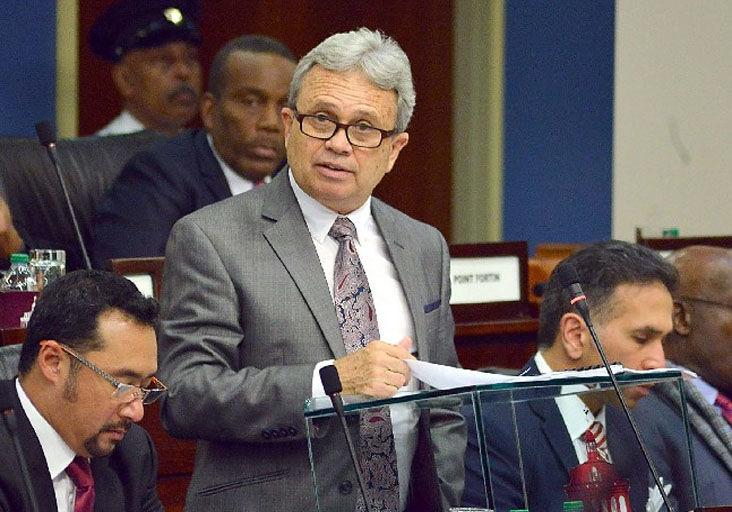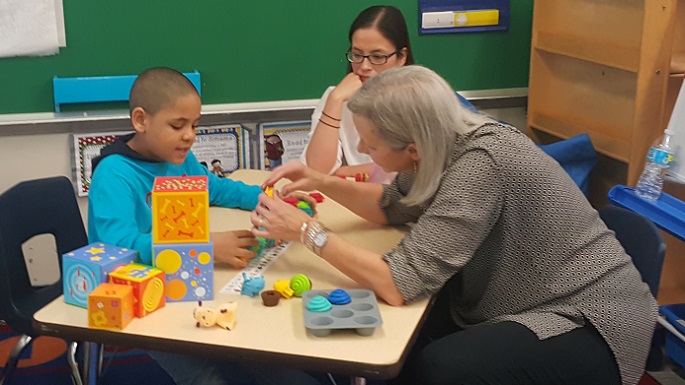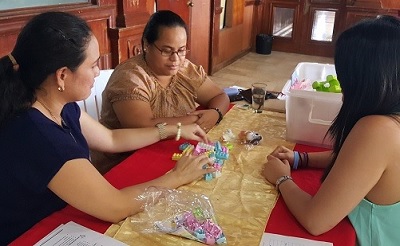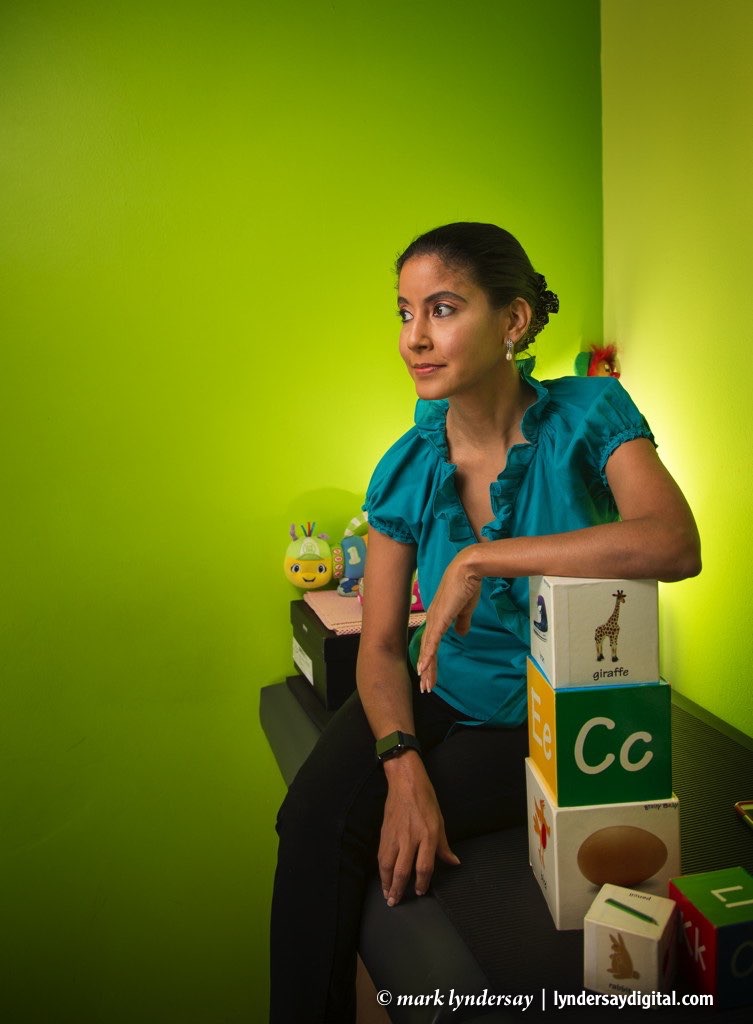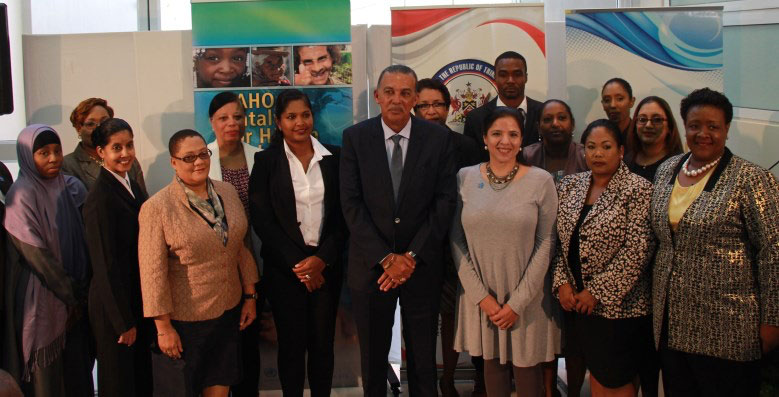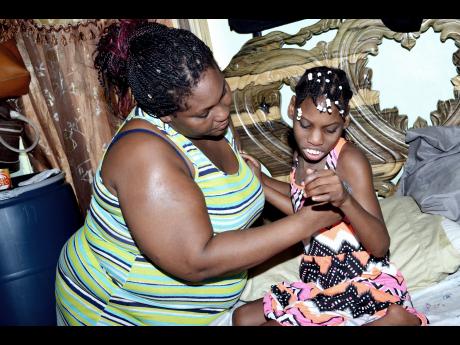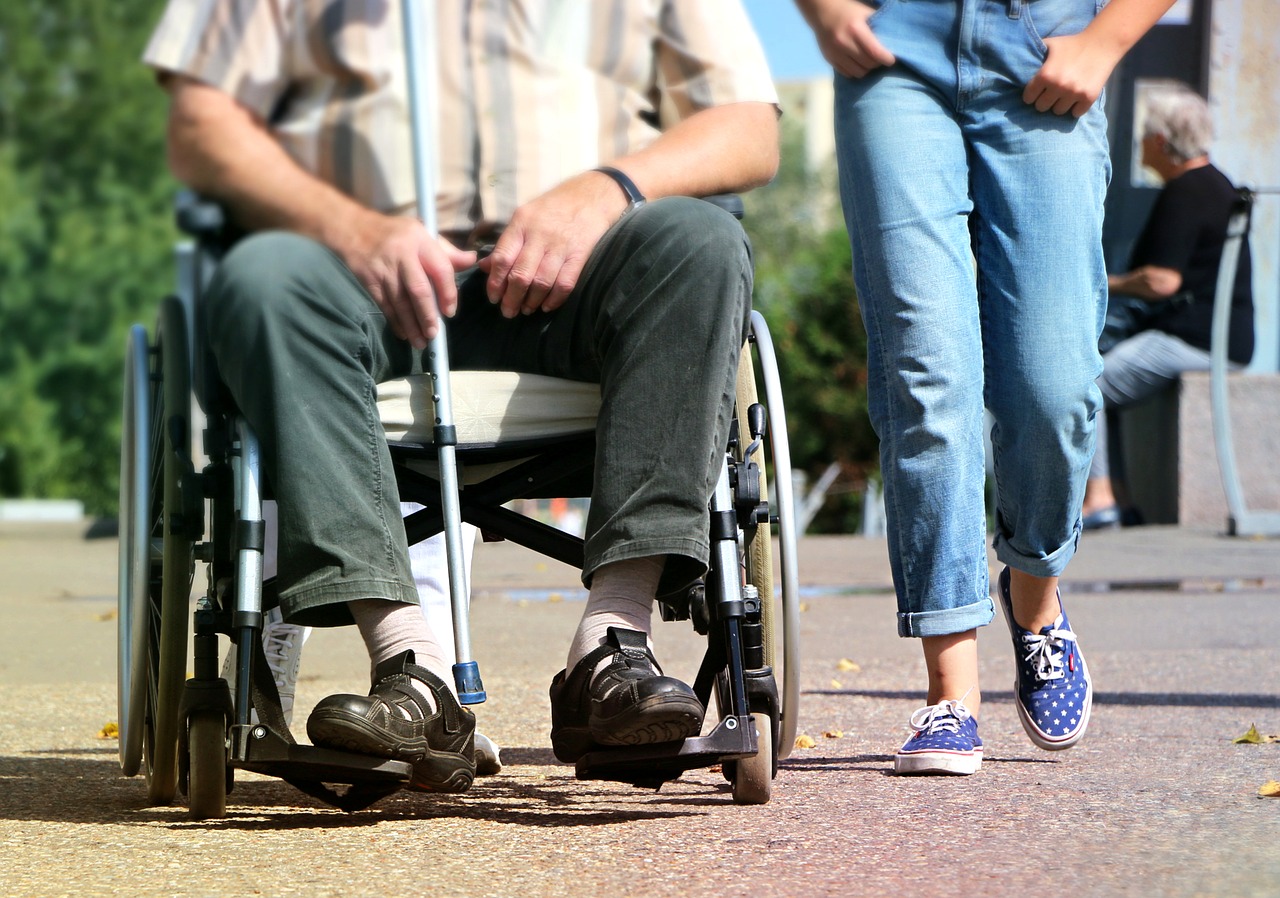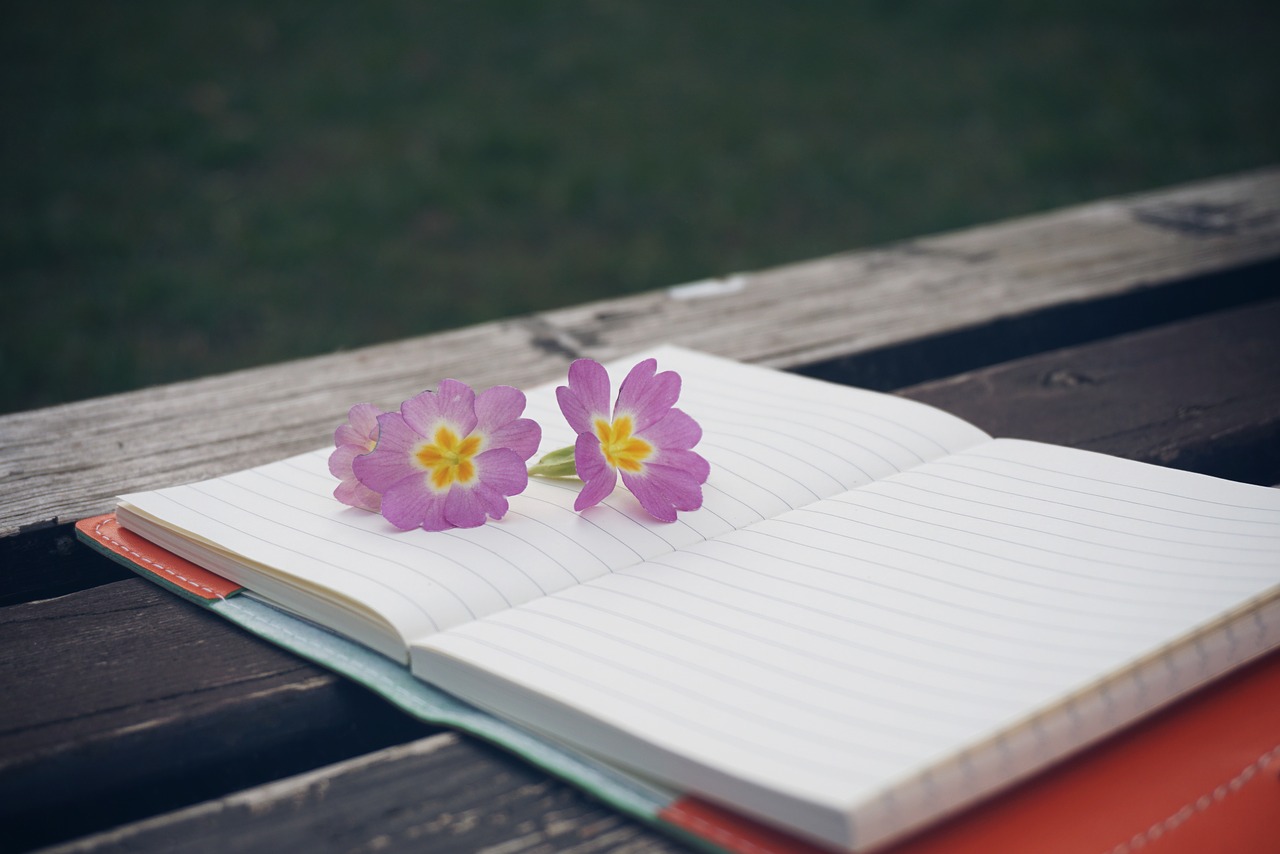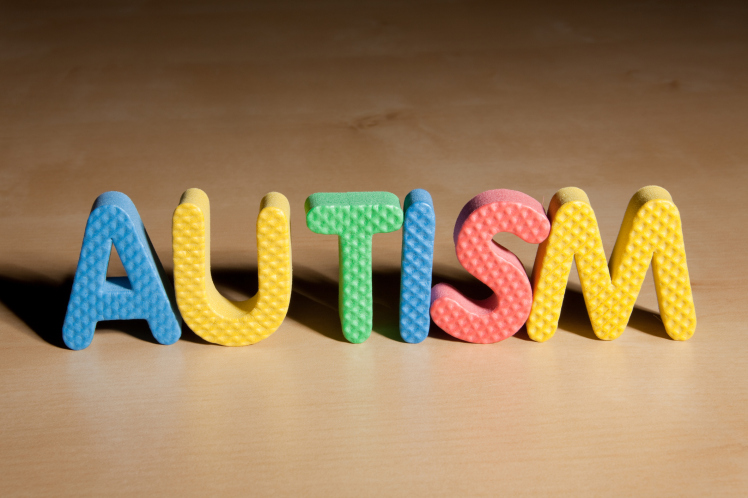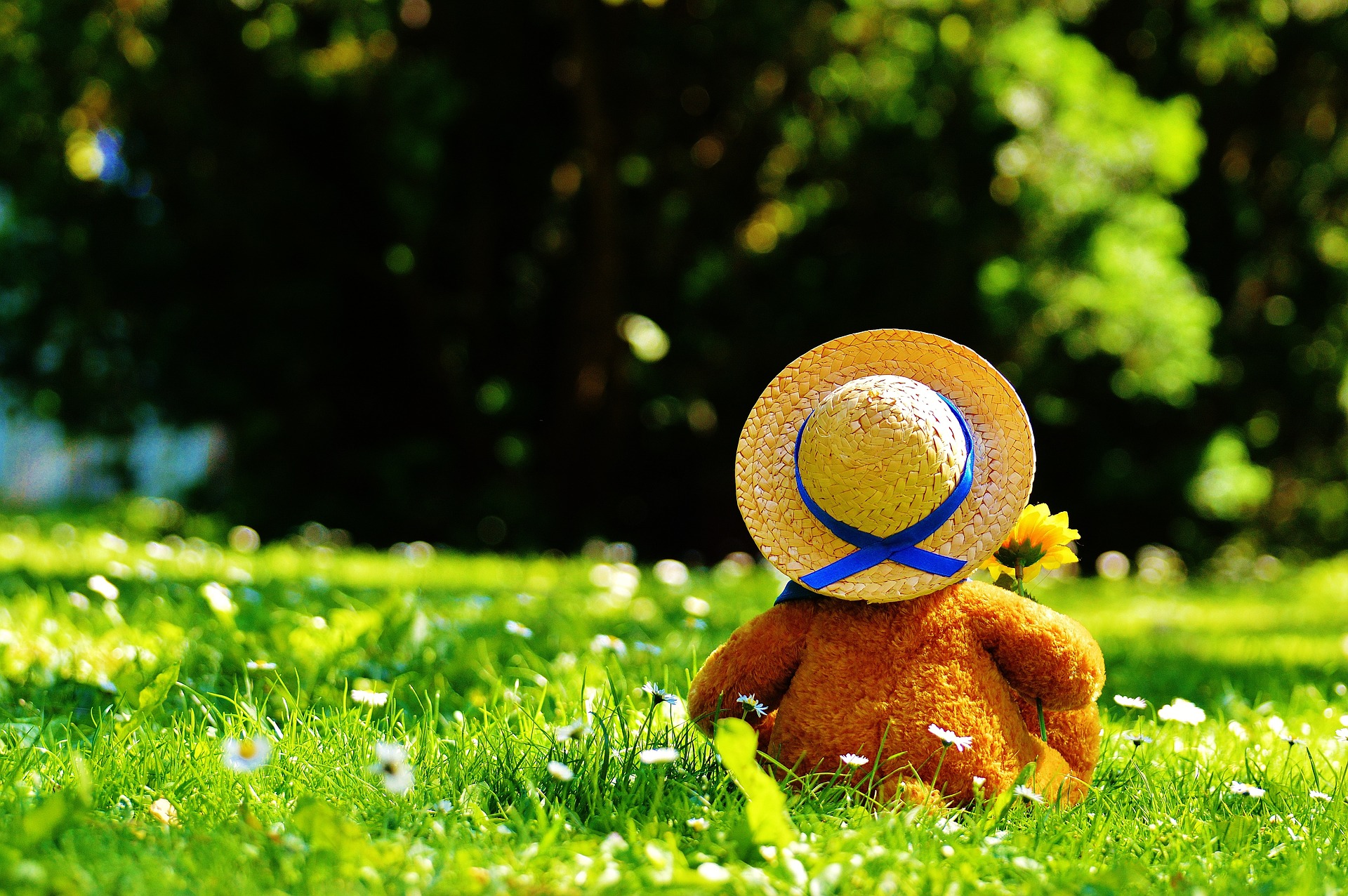Originally published in Express Woman, May 07, 2017
Photo By: Mark Lyndersay
My name is Carey Phillipps and I am a natural-born caregiver. Since childhood, whether it’s people or animals, I take care of them. It was therefore no surprise when I decided to pursue a career in physiotherapy and work with children with special needs.
At seventeen, after being accepted into a physiotherapy programme, I had to give up my space to someone more mature, who had given years of service to the medical field. So for two years I worked in one of the top advertising agencies in the world, and also became involved in sign language.
The teacher at the time was quite impressed with the speed at which I caught on and suggested that I consider working with children who were hearing impaired. This suggestion reawakened the dream to work with children with special needs, that had been briefly put on hold, and so the pursuit of special education as a career began.
I am currently the owner and Director of Edutherapy Limited, a company that offers health and special education services, and I have been working with persons with special needs for twenty-six years and my love for children never waxes nor wanes.
Having qualified as a Special Educator specializing in Learning Disabilities and pursuing further degrees in Teaching of Children with Multiple and Severe Disabilities and even further studies in the USA in Advanced Certification as a specialist in Infant Toddler Development, I have combined this with my qualifications and experience gained at the School for Vision Studies at University of Alabama, Birmingham, to serve a wider population.

I found the acquisition of braille very intriguing, and challenging and just when I thought learning braille was challenging, it became a Herculean task to teach the skill, especially when added to Nemeth code and placed in a high school practicum setting in Boston, Massachusetts, to teach Math and Literature (The Glass Menagerie was the book at that time) to a group of Tenth graders who were blind and visually impaired.
My work continued with children with special needs and I have studied, visited and worked in many countries including, but not limited to Canada, the USA, Barbados, India and Jamaica, my country of origin. I love my job. I love the clients I work with daily and I thoroughly enjoy my interactions with the various families and caregivers.
However you cannot ignore the fact that persons working in the field face many challenges and frustrations. These challenges and frustrations , if not dealt with appropriately can lead to burn-out and depression.
As a young professional working with the special needs population, one of the first things I wanted to do was to adopt and take care of every child with special needs I could find. During my tenure as Vice Principal with a Roman Catholic school run by the Franciscan Missionary Sisters, I suggested to my mentor at the time, Sister Joan Marie Gregg, that they increase the capacity of the boarding facilities and convert more rooms for residential purposes.
She reminded me that parents also have to stand the responsibility of taking care of their children, and that teachers cannot do it all. As emotionally draining as it sometimes was, I had to let go and face the fact that the best way to help a child, was to provide parents with coping skills and teach them to employ proven and effective strategies to work with their children independently.
I have found that using these strategies while effectively utilizing support professionals and networks available, help parents and families tremendously.
As I became more immersed in working with children with special needs, I was faced with the stark and dark reality of death.
“Why do children die? Children shouldn’t die. Absolutely not! It should be a biological and physiological impossibility for a child to die before their parents…. don’t you think?”
However, as I rapidly approach fifty years old, I have accepted the fact that my role is to guide parents, children and families and help them to experience varying levels of success and happiness in whatever form that may come in, and for whatever duration that may be.
I went on to do studies in palliative care in the USA in 2014 and carried out additional studies and a hospital internship in India.
I now have a very different and far more informed view as it pertains to living with long term and life limiting illnesses, disorders and diseases and I am better able to cope when working with persons with life-long conditions. I continue to work with a wide range of conditions – Learning disabilities, Down syndrome, autism spectrum disorders, deletion syndromes, Cerebral palsy, cancer and the gifted and talented.
I want parents to understand that professionals can help and advise you, but they cannot parent your child. Much of your child’s success is dependent on you. One of the benefits I have reaped and which I feel truly grateful for, is the way in which many of the families here in Trinidad have adopted me.
No Eid, Divali, Birthday, wedding, graduation or first day of school goes by without me being included and made to feel like family. A parent of one of my little ones, recently gushed as she excitedly shared photos of first day of school. “Could not wait to share with you. You are our number one proponent and we absolutely love you Carey! Happy, so happy, thanks again.”
I also appreciate the importance and value with which parents and professionals have viewed their relationships with me. Many of the professionals I have worked with here, the Neonatologist, Paediatricians, Psychologists, Neurologists, and school Principals, just to name a few, have been really supportive and we have achieved such a wonderful, professional, collaborative relationship, that it makes working with the children and families a far more successful and satisfying experience.

